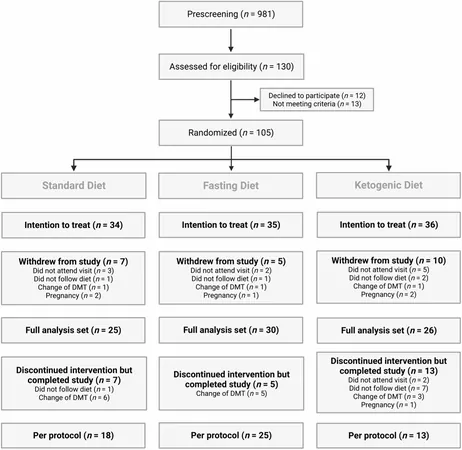
Unlocking Youth: How Vitamin D Can Protect Your Telomeres and Slow Down Aging
2025-06-04
Author: Wei
Cutting-Edge Research Reveals Vitamin D's Anti-Aging Benefits
Exciting new research reveals that Vitamin D supplements can protect telomere length and potentially slow the biological aging process! This groundbreaking finding comes from the VITAL trial, a large-scale randomized controlled study conducted by expert researchers at Mass General Brigham and the Medical College of Georgia.
What Are Telomeres and Why Do They Matter?
Telomeres are like the protective caps at the ends of our chromosomes, safeguarding our DNA from degradation. As we age, these telomeres naturally shorten, a phenomenon linked to various age-related diseases, including cancer and autoimmune disorders. Understanding how to preserve telomere length is crucial for maintaining overall health as we age.
VITAL: A Game-Changer in Aging Research
The VITAL trial stands out as the first comprehensive study to demonstrate that Vitamin D supplementation can specifically protect and preserve telomere length. Dr. JoAnn Manson, one of the study's principal investigators, emphasizes the importance of these findings, stating, "VITAL is the first large-scale and long-term randomized trial to show that vitamin D supplements protect telomeres and preserve telomere length."
A Closer Look at the Study
This pivotal sub-study, known as the VITAL Telomere Study, followed 1,054 participants from a cohort of 25,871 individuals—women aged 55 and older and men aged 50 and older—over five years. Participants were given Vitamin D3, omega-3 fatty acids, both, or a placebo. Notably, those receiving Vitamin D3 experienced significantly less telomere shortening, equating to nearly three fewer years of biological aging. In contrast, omega-3 supplementation did not show a significant impact on telomere length.
A New Hope for Aging?
Dr. Haidong Zhu, the lead author, suggests that targeted Vitamin D supplementation could be a key strategy to combat biological aging. While earlier studies hinted at a relationship between Vitamin D and telomere maintenance, they often yielded inconsistent results. The robust design and extended duration of the VITAL trial provide the clearest evidence yet for Vitamin D’s role in promoting cellular health as we age.
Final Thoughts
With this promising evidence, Vitamin D could be more than just a nutrient—it may be a vital factor in enhancing longevity and health. As researchers continue to explore the extent of its benefits, individuals might consider discussing Vitamin D supplementation with healthcare providers as part of aging gracefully.



 Brasil (PT)
Brasil (PT)
 Canada (EN)
Canada (EN)
 Chile (ES)
Chile (ES)
 Česko (CS)
Česko (CS)
 대한민국 (KO)
대한민국 (KO)
 España (ES)
España (ES)
 France (FR)
France (FR)
 Hong Kong (EN)
Hong Kong (EN)
 Italia (IT)
Italia (IT)
 日本 (JA)
日本 (JA)
 Magyarország (HU)
Magyarország (HU)
 Norge (NO)
Norge (NO)
 Polska (PL)
Polska (PL)
 Schweiz (DE)
Schweiz (DE)
 Singapore (EN)
Singapore (EN)
 Sverige (SV)
Sverige (SV)
 Suomi (FI)
Suomi (FI)
 Türkiye (TR)
Türkiye (TR)
 الإمارات العربية المتحدة (AR)
الإمارات العربية المتحدة (AR)